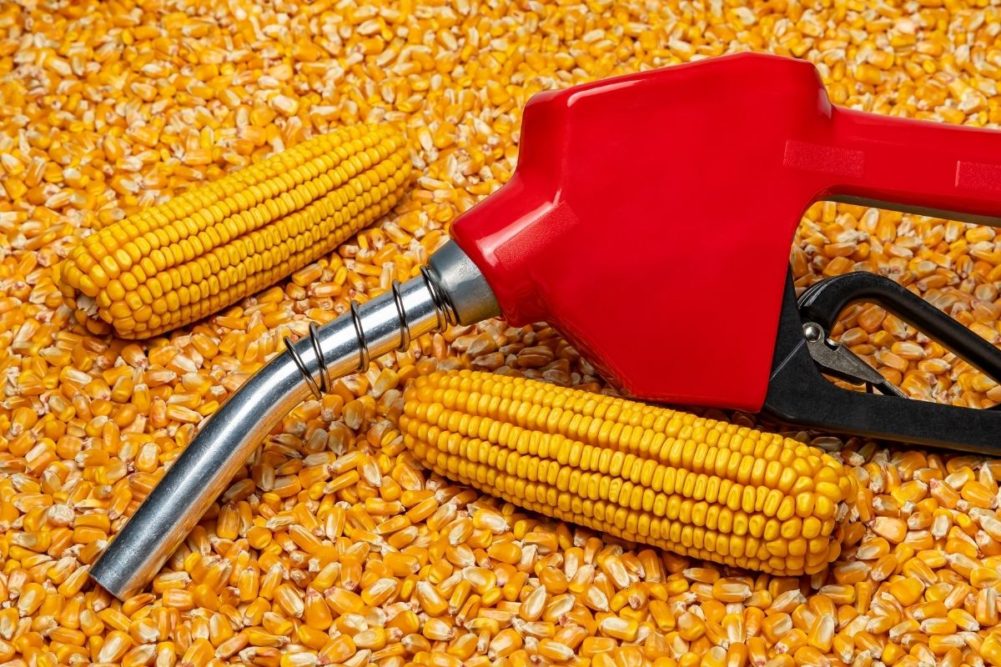SIOUX FALLS, SOUTH DAKOTA, US — The American Coalition for Ethanol (ACE) refuted claims by a government advisory board that corn starch ethanol may not meet the scientific requirement of having no more than 80% of the lifecycle emissions of gasoline.
ACE said corn starch ethanol greatly exceeds the necessary scientific requirements by the best available lifecycle science (via the GREET model), which shows corn starch ethanol is at least 50% cleaner than the greenhouse gas emissions of gasoline on average.
“There is no fact-based debate regarding the lifecycle GHG emissions of corn starch ethanol compared to gasoline,” said Brian Jennings, chief executive officer of ACE. “To the degree debate exists at all, it is not vigorous, unless one takes into consideration the vigor of misinformation campaigns orchestrated by various groups who are self-interested in their opposition to ethanol.”
Jennings’ comments were in response to a draft commentary letter from the Environmental Protection Agency Science Advisory Board (SAB) to EPA Administrator Michael Regan regarding the Renewable Fuel Standard (RFS) “Set” rule.
SAB is scheduled to have a public meeting Sept. 21-22 where it will provide commentary to the EPA on proposed volume requirements for the RFS.
ACE again called on the EPA to replace its approach for assessing the GHG impacts of corn starch ethanol with the GREET model in the comments.
The SAB letter provides no mention of the GREET model but makes multiple references to discredited studies by Tyler Lark et al., with land use change (LUC) at the center of Lark’s attacks on corn ethanol.
“While the Lark paper received outsized attention from the RFS workgroup letter, his biased methodology led to a LUC “result,” which is far outside GREET CCLUB (Carbon Calculator for Land Use and Land Management Change from Biofuels production) results and other comprehensive and authoritative research done on this topic,” Jennings said.
The workgroup letter closed by referring to N20 emissions from corn farming. Jennings responded with additional information on the critically important topics of how farming practices can play a meaningful role in reducing lifecycle GHG emissions for corn starch ethanol, as well as reduced tillage practices to increase soil carbon sequestration.
In closing, Jennings highlighted the ingrained bias of the six-person RFS workgroup established by the SAB, including one member employed by an organization that has called for repeal of the RFS in Congress.
“Should the SAB expect any credibility from the RFS workgroup in the future, I call on you to withdraw their misleading draft letter and reconstitute the workgroup to represent a more balanced range of expertise and interests,” Jennings said.






